Andy Murray: Wimbledon champion 'triggers second golden period'
- Published
- comments
Wimbledon 2016: Andy Murray's magical year
As a triple Grand Slam champion who says he feels "more motivated than ever", Andy Murray may just have triggered the second golden period of his career.
Winning two Grand Slams and an Olympic gold medal in the space of 12 months, as he did during the summers of 2012 and 2013, will be an exceptionally difficult trick to reproduce. But he appears to have time on his side.
Murray will turn 30 next May. Bjorn Borg, Ivan Lendl, John McEnroe, Boris Becker and Stefan Edberg did not win a single Grand Slam between them after entering their fourth decade, but players like Murray and Novak Djokovic - who is just seven days younger than the Briton - seem to have the attributes required to extend their winning years.
Fitness is one major element, and the back surgery Murray had in September 2013 has enabled him to expand his game on all surfaces. Another is desire, which cannot be taken for granted.
"Before I won Wimbledon in 2013, I was unbelievably motivated to win it," Murray told BBC Sport as he reflected on his second All England Club title., external
"But then after I won there, I didn't quite know where to go or what I was trying to do. It felt like this was all I was meant to do, really."
The extreme motivation required has now returned - thanks to his daughter Sophia, and his lifelong rival.
Losing three Grand Slam finals to world number one Djokovic in 18 months, and becoming a father who really would like his daughter to remember him playing at the highest level, has stoked his inner fire.
Wimbledon 2016: Andy Murray beats Milos Raonic to take second title
It is not fair to assume Murray will win more Grand Slam titles. Who, after Wimbledon 2013, thought he would have to wait three more years to add a third?
And don't read too much into Djokovic's third-round exit at Wimbledon. He has, after all, featured in six of the past seven Grand Slam finals - winning five of them. He is likely to arrive refreshed at the Rio Olympics and ready to do battle once more.
Between them, though, Murray and Djokovic could win the lion's share of Grand Slam titles over the next three years.
It will be very tough for developing talents such as Dominic Thiem, Nick Kyrgios and Alex Zverev to match them consistently over that timeframe - and other than beaten Wimbledon finalist Milos Raonic it is hard to identify a player in his mid-twenties who has serious potential to become a multiple Grand Slam winner.
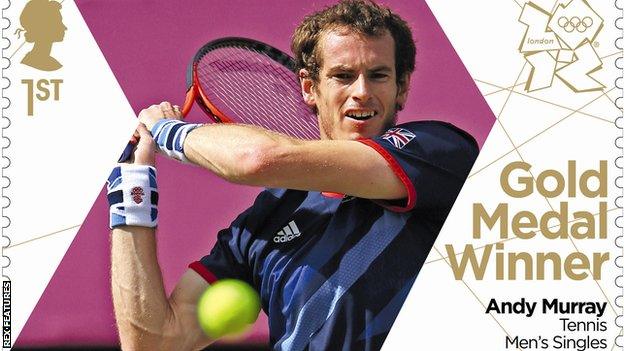
Putting his stamp on tennis - Andy Murray will once again be going for glory at the 2016 Rio Olympic Games
Murray's next goal is to defend his Olympic singles title and to win a medal with brother Jamie in the doubles. He will talk to coach Ivan Lendl this week about the best way to prepare for Rio and the US Open, which follows on just two weeks later.
After losing five finals in Melbourne, Murray will feel he has a score to settle with the Australian Open - and given his performance on clay over the past two years, the French Open should also be on his bucket list.
Murray enjoys setting himself new targets as his career progresses. For most of his 11 years as a professional, he has prioritised Grand Slams over rankings, but a tilt at the world number one spot is now becoming more enticing - and more realistic.
"I'd rather set the bar as high as possible and not quite achieve it than say I'd be happy finishing at five in the world, and finishing at three," the Wimbledon champion explained.
"I'd love to get to number one, obviously, but I think a lot of people are forgetting what Novak's done because he lost in the third round here. The last 18 months have been unbelievable - he's hardly lost any matches at all - so I know that if I'm going to get there, I'm going to have to win more matches against him."
There are currently almost 5,000 ranking points between Djokovic and Murray - which is a vast margin. However, the ATP rankings are calculated over a 12-month period, and if you look only at the points amassed since the start of the year, Djokovic's lead shrinks to 815 points.
Were Murray able to continue his rich vein of form - and go on to beat Djokovic in the final of the US Open in September - then that advantage would be cancelled out.
Game on.
- Published11 July 2016
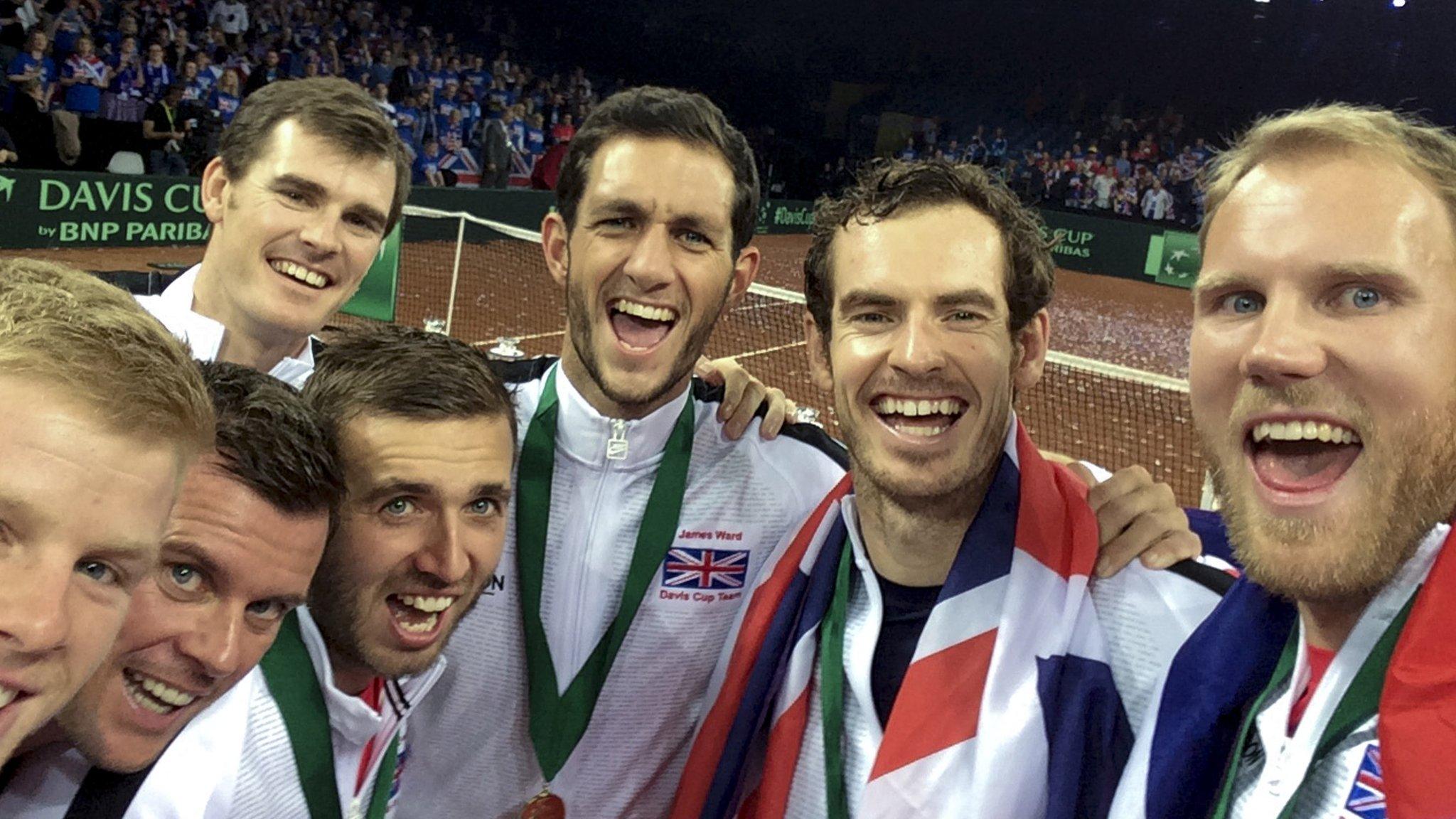
- Published10 July 2016
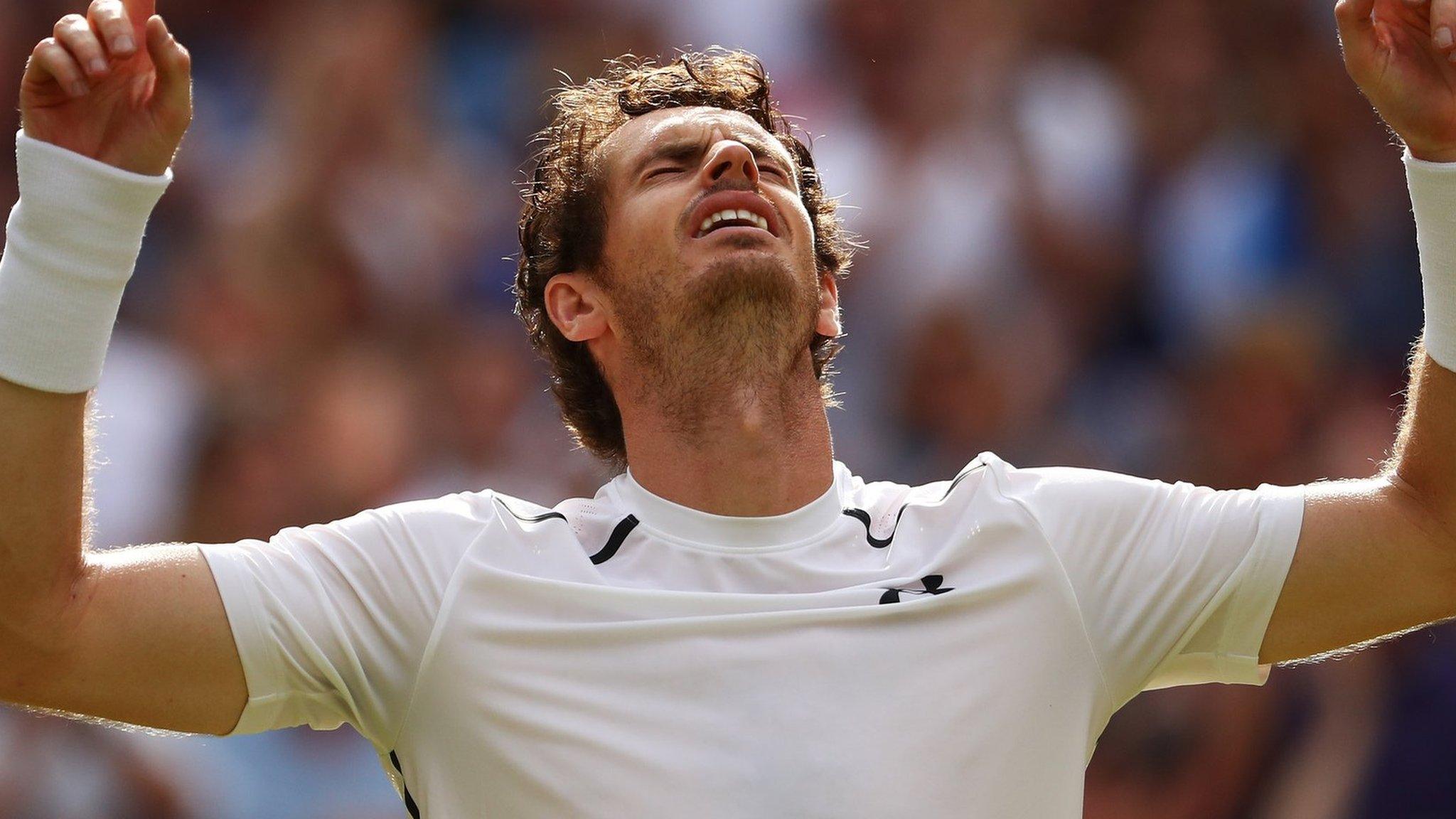
- Published10 July 2016
- Published10 July 2016
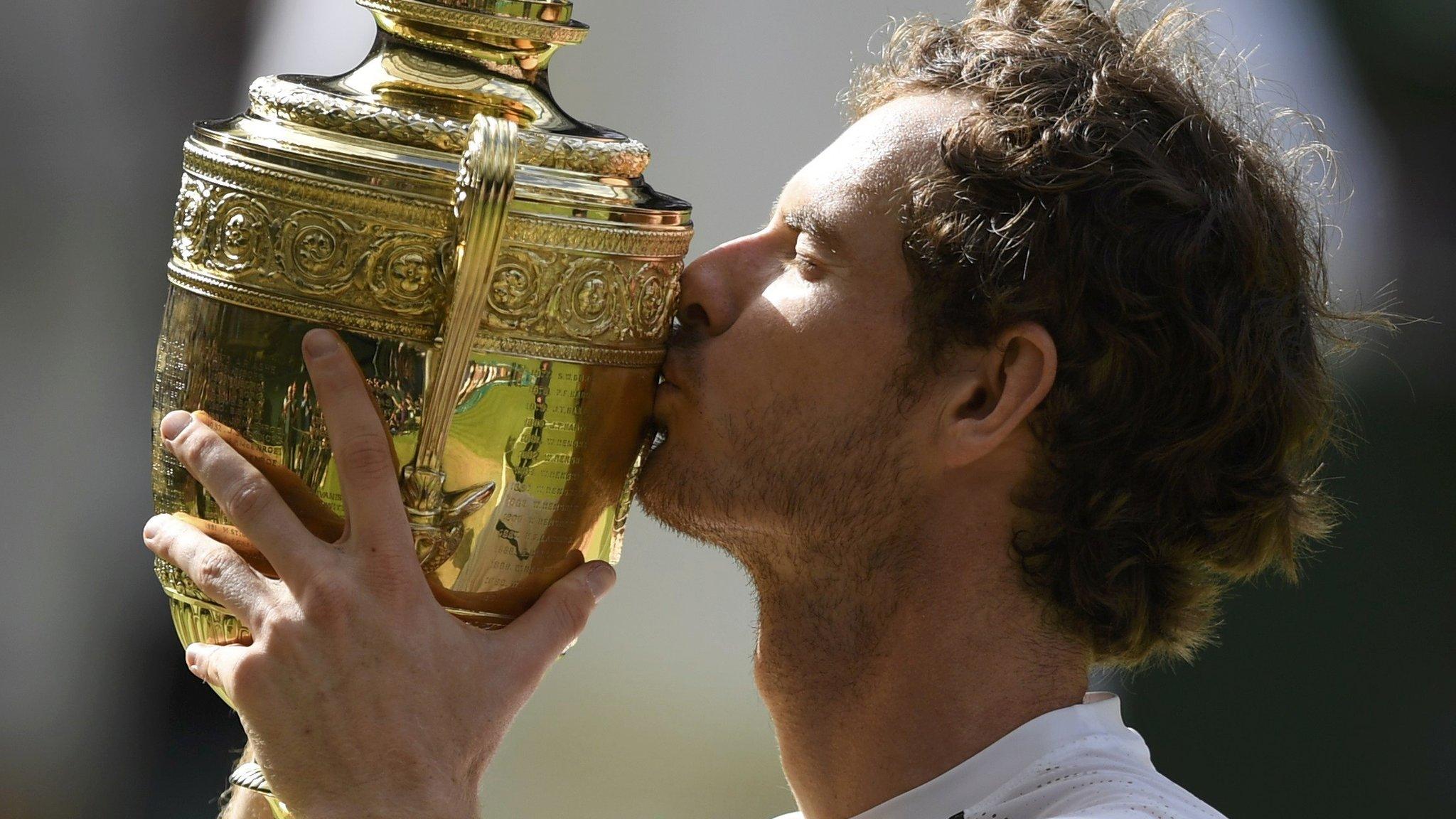
- Published17 June 2019
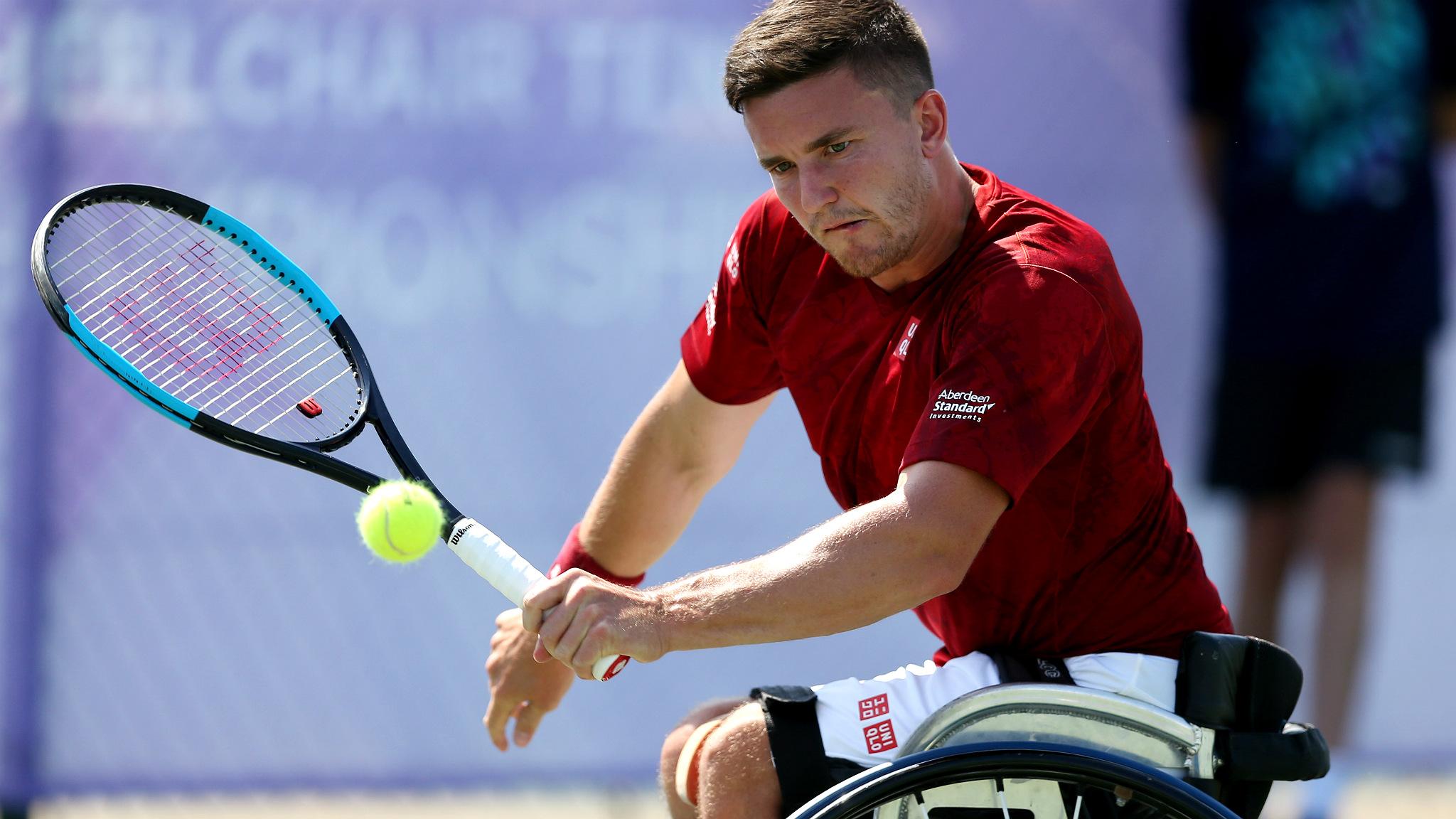
- Published8 August 2017

- Published8 November 2016
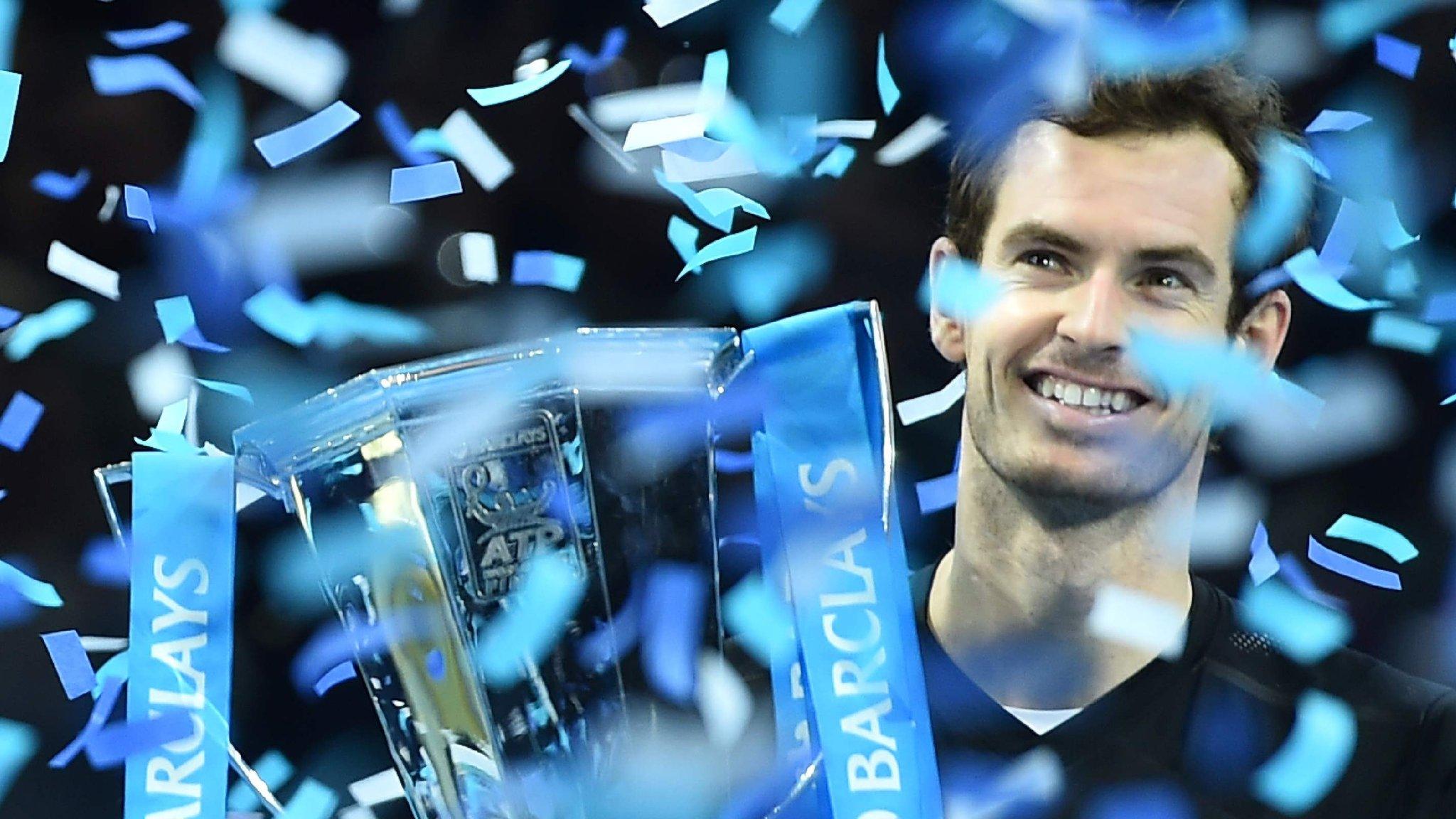
- Published13 May 2016
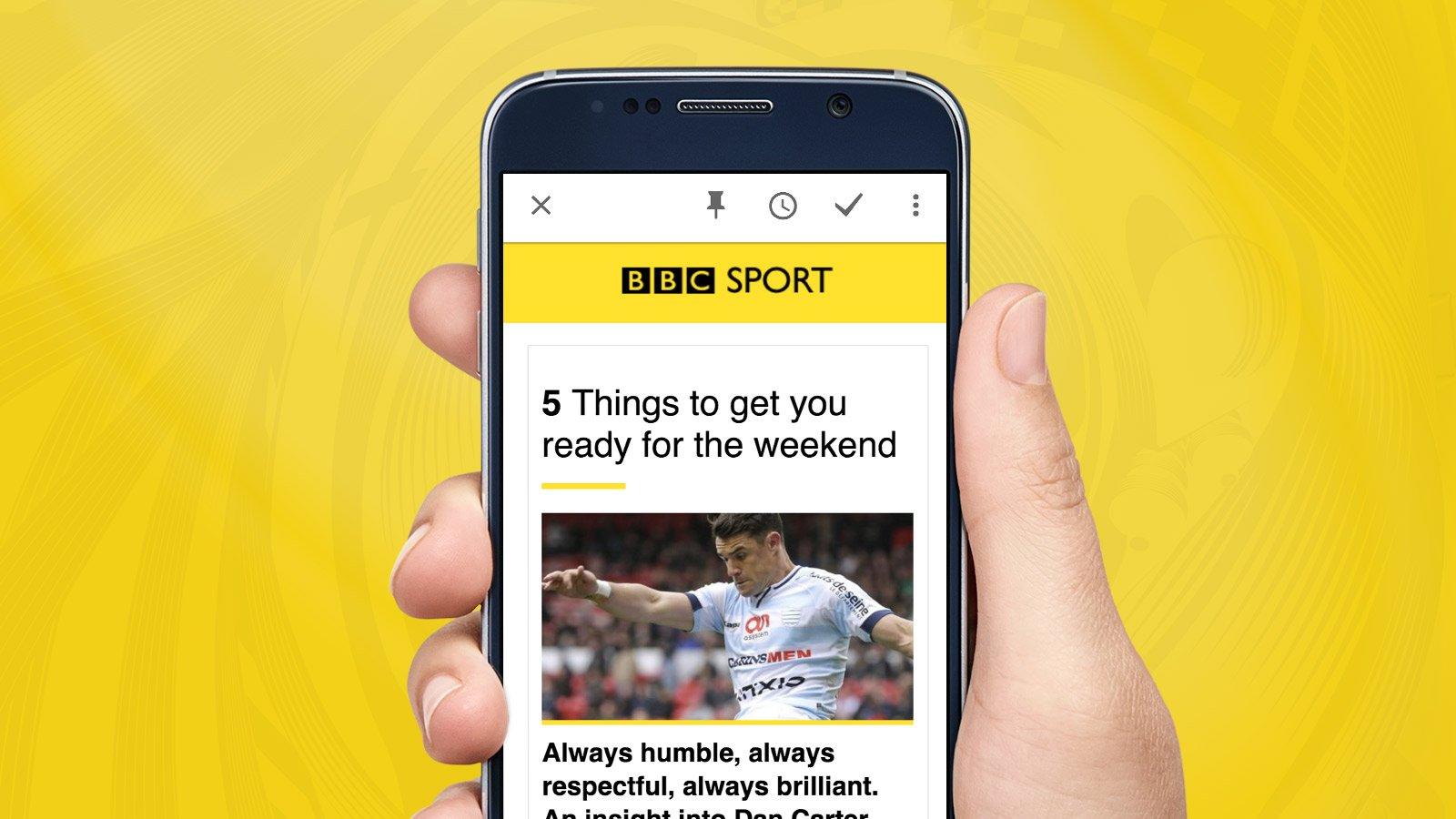
- Published19 July 2016
